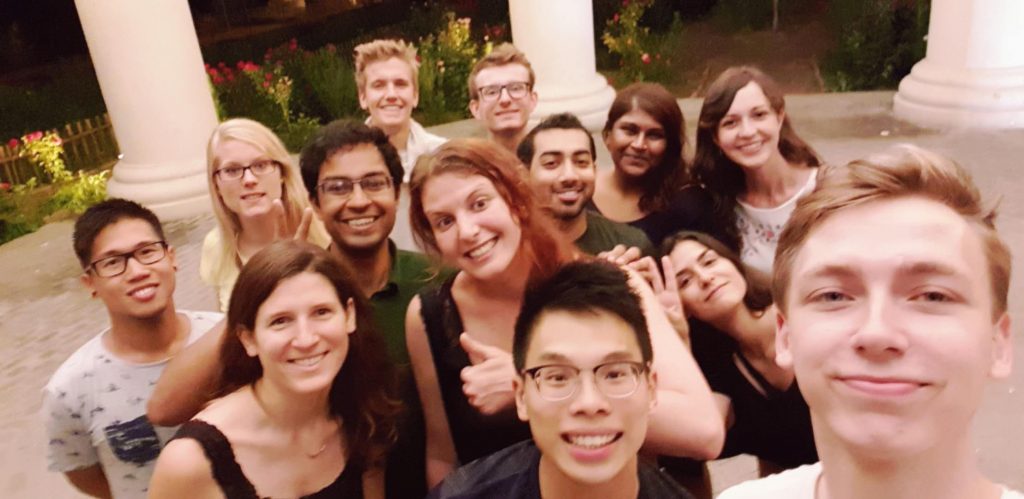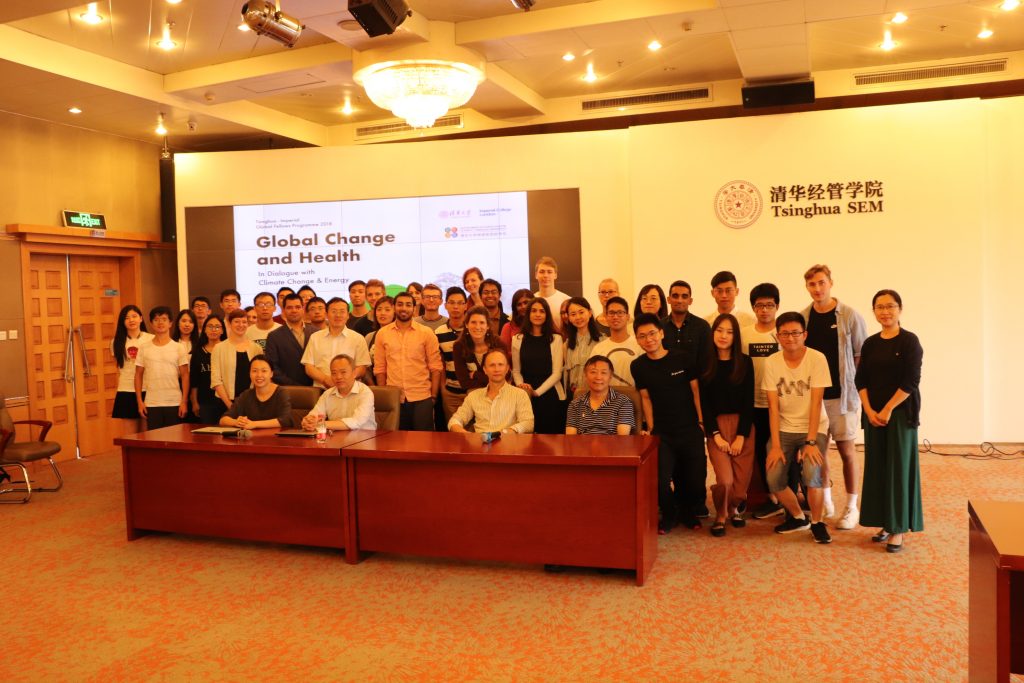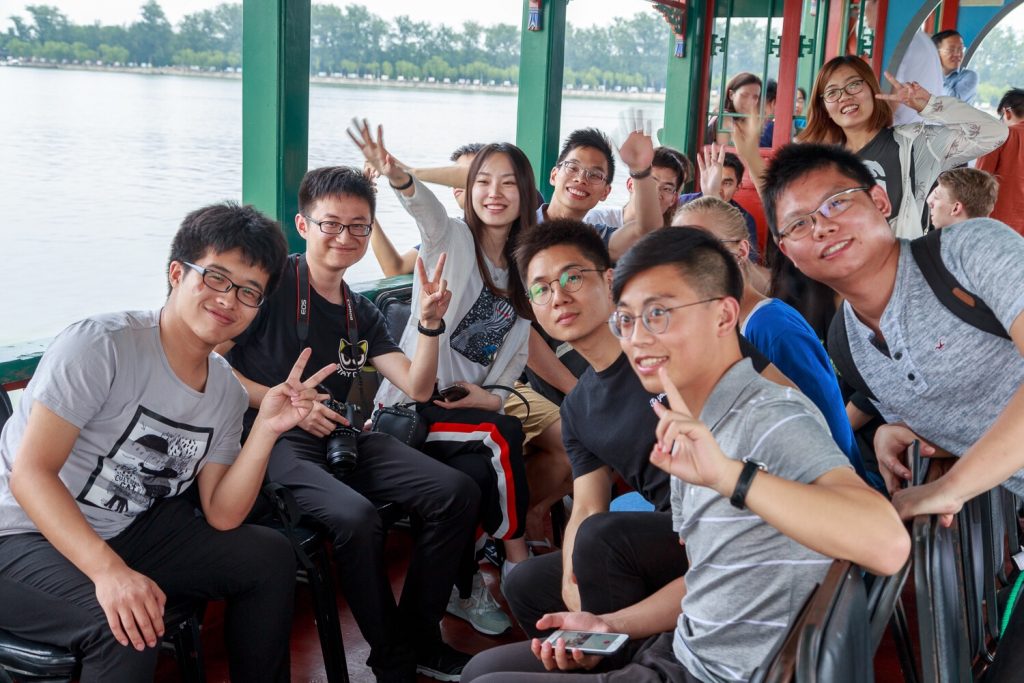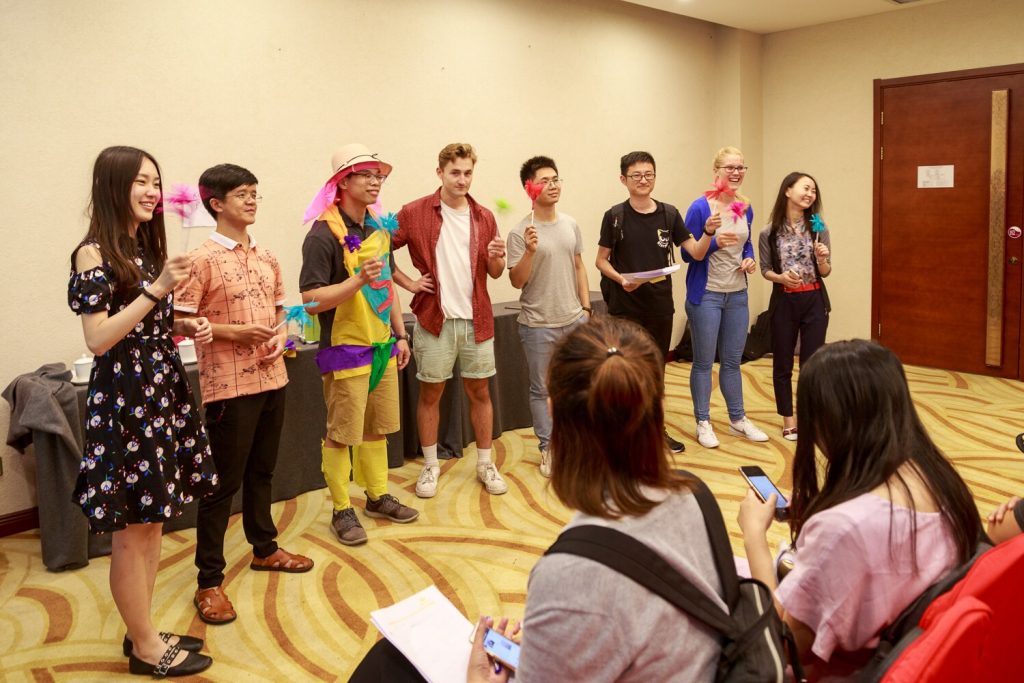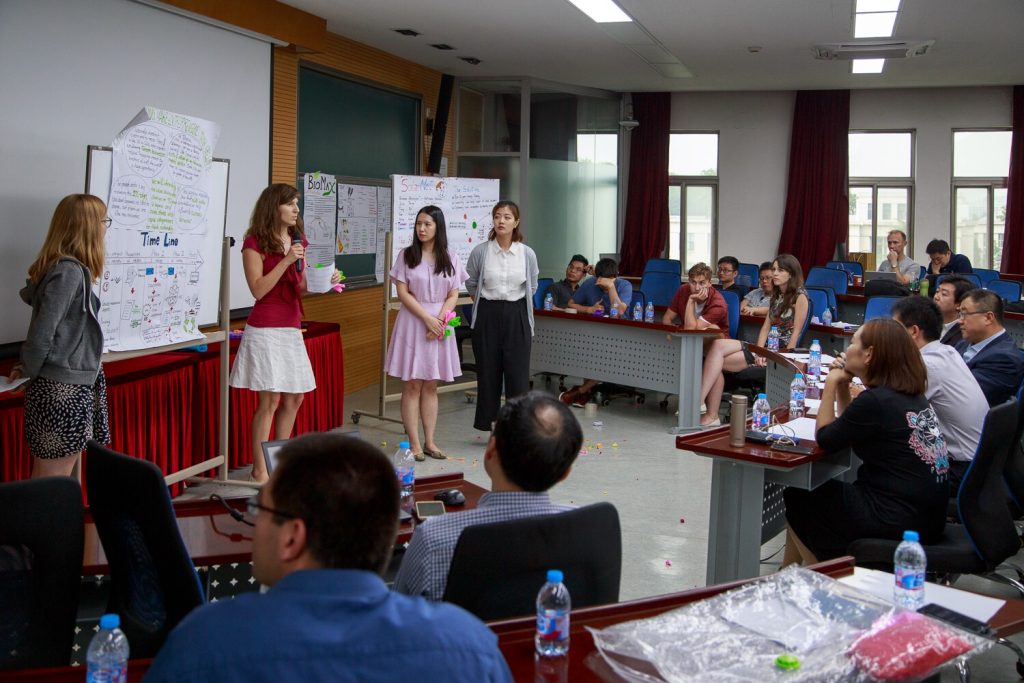By Shiladitya Ghosh, 2nd Year PhD Student, Chemical Engineering, Imperial College London
In the modern day, students (especially PhD students) tend to have a crippling fear of committing to future plans because – “what if I end up needing those extra days to finish this report or do repeats for my experiments?” As the 2018 edition of the Imperial – Tsinghua Global Fellows Programme (GFP) on Climate Change and Energy drew near, I too had misgivings. Who was going to write my reports for me?!
However, a change in setting and scenery helps to calm and settle the mind – and I experienced this upon landing in Beijing in the sweltering 36°C early morning sun. Meeting other participants reassured me that we would have an enjoyable and meaningful time one way or another, away from the otherwise-incessant worries of our degrees. In fact, it turns out that several of the Imperial students were still writing their ESA (first year assessment) reports! And I thought I had problems…
When it came down to it, those 5 days completely flew by. As we formed inter-university teams and took part in various tasks, the time spent on learning to effectively communicate while also attempting to work towards common goals took up more and more of our waking moments – even infringing upon mealtimes, as we sought the cooperation of our Tsinghua colleagues in helping us identify the various sumptuous dishes on offer. In return, we also invited our counterparts to join our evening board games crusades, watching the World Cup finals late at night (it came home a little too early…), and even yoga sessions!
Considering that the aims of the programme include facilitating cultural exchange and fostering collaboration, you realise how much of that takes place (and needs to take place) outside of the official programme just as described above. Just like in a professional collaboration, everyone involved will only get the most out of it if they first take the time to understand and connect with the other parties. The actual (technical) work of the collaborative project may only be half the job – the personal connection and groundwork is the other, bigger half!
Without revealing the specifics of the course, I can confirm that there were ample opportunities for mental stimulation whether in finding ways to collaboratively tackle specific issues pertaining to climate change or global energy demands, or through introspection to understand more about themselves, what their personal strengths are and what soft skills they still can develop in. Sure, maybe not every team completed every task, but it was never about that. A line from a poem penned and presented on the final day perhaps sums up both this programme and our own PhD experiences: “It’s about the journey, not the win.”
No single activity felt like a self-contained episode; every session was connected to past and future activities. We learnt about how we function as individuals and how we can best play a role in any team we may work together in. These are very important professional capabilities that I can recommend to any graduate student to consider inculcating in themselves – unsurprisingly perhaps the reason why a GFP course is allowed to fill up the Graduate School course requirements for Imperial students prior to their ESA/LSR/final submission.
Perhaps the most important takeaway from this programme for all of us as individual specialists in our own particular fields was that it opened our eyes and minds to the potential of every discipline to play a significant part in a concerted effort to tackle climate change. My accelerated project team (水星 or shuǐ xīng; Water from the Stars) and cultural exchange team (Imperial Dragons) consisted of members with backgrounds in fluid hydraulics, meteorology, energy storage, membrane technologies, art and systems design, signals monitoring, and cancerology (medicine).
I’d never have expected students in most of those areas to have much of a professional interest in, or even having a way to meaningfully contribute towards, solving the world’s biggest problem lying ahead – but by the end of the week, I had never been happier to have been so wrong in my life.
To everyone reading: thank you for your time reading this. For each person that makes it to this page, that’s one more person that has at least the slightest interest and curiosity about playing a part in tackling climate change. And from what I’ve learnt this summer – no matter what your academic background is, we want and need every single one of you onboard!
